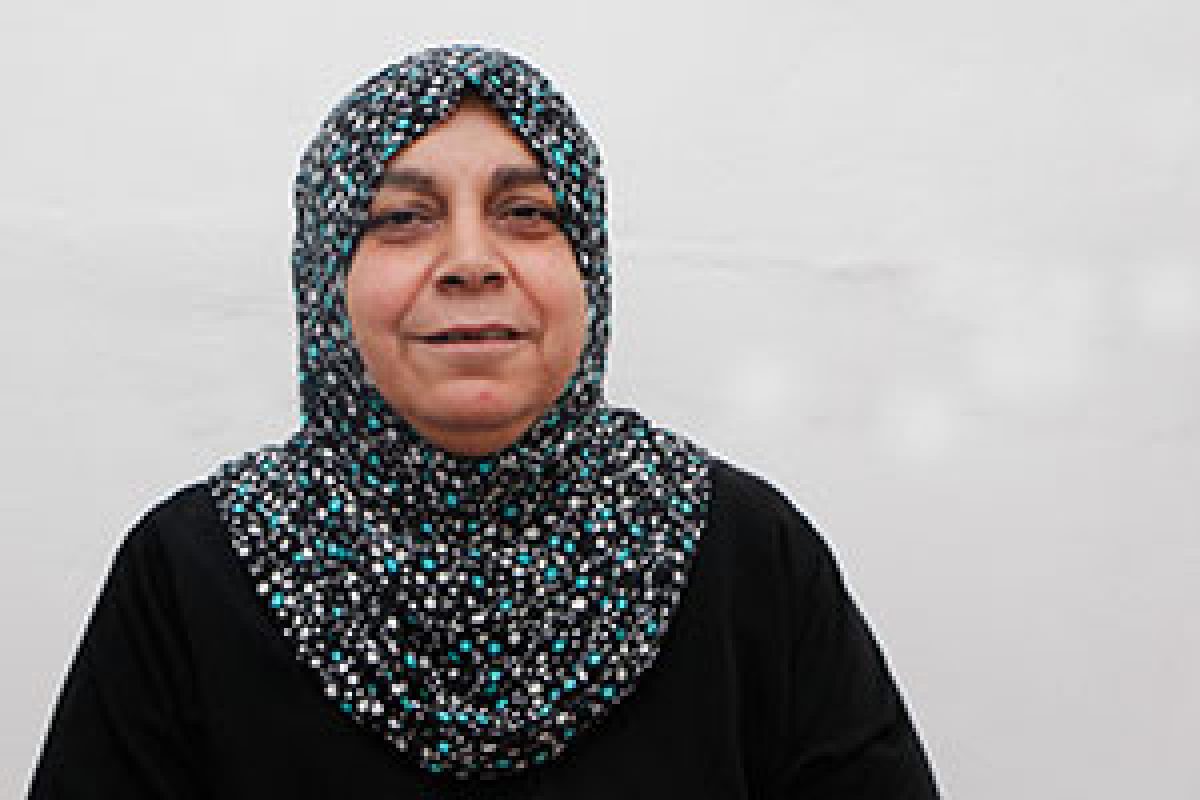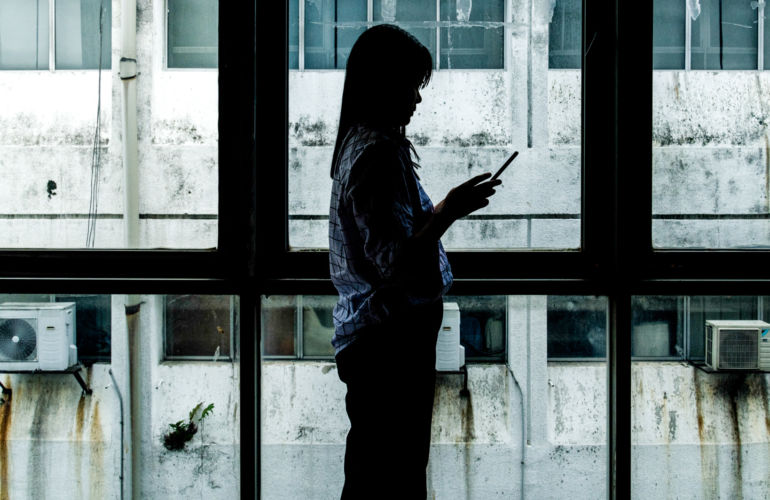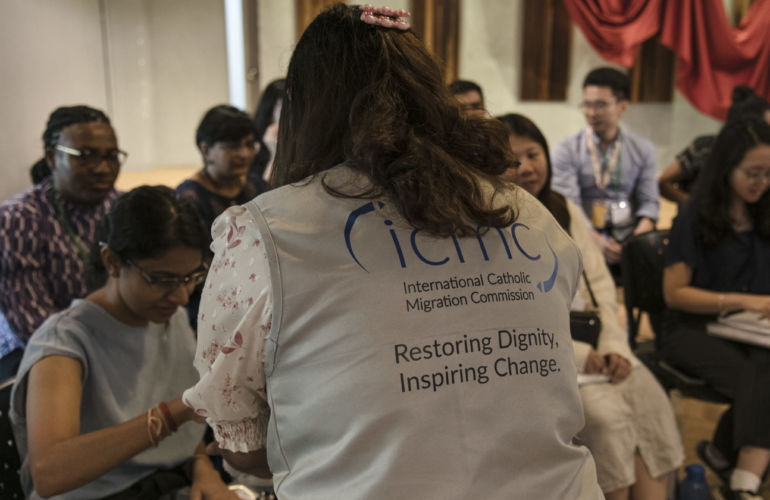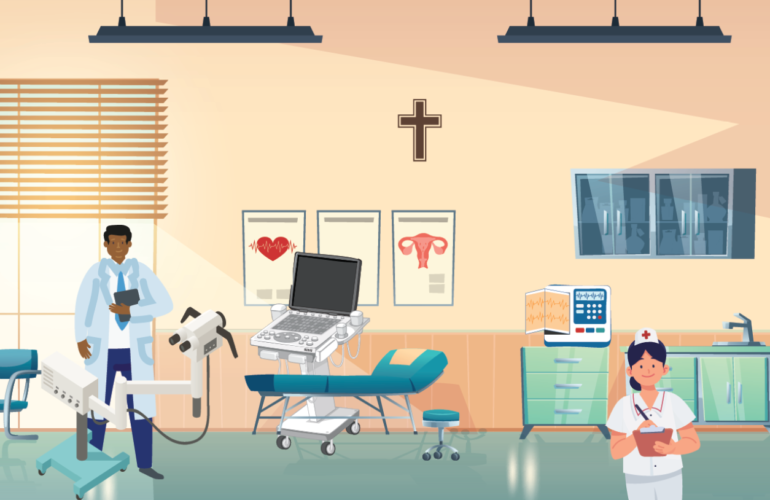“Why Do People Blame Refugees for What Happened in Paris?”

During a follow up visit to a Syrian refugee family living in Northern Jordan, ICMC’s representatives gathered the feelings and opinions of one of the family members about the violent attacks which took place in Paris last Friday.
The ICMC staff in Jordan regularly visits the refugee families who benefited from its financial and material assistance, as part of routine follow-up checks aimed at ensuring that the aid received is effective and their living conditions are adequate. The head of the family visited on Monday, a middle-aged Syrian lady called Zeinah*, shared her impressions about the tragic events which shook the French capital.
“I feel devastated about the news. So many innocent people died”, she commented. After a small pause, she added: “At the same time, I have many questions in my mind. For instance, why do people blame refugees for what happened? We have nothing to do with that. We are horrified, like everyone else. And why did the media put so much emphasis on the fact that one of the attackers carried a Syrian passport (a passport which, it later turned out, was actually fake)? To me, it looks like this detail has been used to justify further military intervention in Syria”.
Zeinah, who follows the news very closely, also wonders about the reasons behind the little media coverage of the bombardments carried out in Syria by the coalition, on Sunday night. “My son is still there”, she explained with a heavy heart. “I am extremely worried for him”.
Zeinah, who lost her husband 20 years ago, arrived in Jordan alone with her daughter in 2012. In Syria, she had been working as a cleaning lady in a school. One day, some military officers entered the school and started pointing guns against the terrified pupils, threatening to kill them. Zeinah bravely stood up against one of the soldiers, pushing him away and saving one of the children. As the military started following and intimidating her soon afterwards, she realized the only way to be safe was to leave the country.
She recalls with great precision not only the year and date of arrival, but also the exact time she crossed the Syrian-Jordanian border: “It was two in the morning. I remember the bombings and shootings which were taking place that night, as I was fleeing”.
Six months later, her son Marwan* fled the war himself, and reunited with the family. “Marwan worked to support us, even though it is illegal for refugees to work in Jordan. Soon, though, he was caught and deported back to Syria. I am so worried for him”, she recounted, with sadness in her eyes. She paused for a while, then added: “My nephew got killed there, three weeks ago”. As Zeinah took her mobile phone and showed the photo of the young boy smiling, everyone fought back the tears.
Zeinah’s family received rent assistance from ICMC during four months this year, and should her situation remain unchanged, she may be eligible for a renewal. Just like her, around 680,000 Syrians currently living in the country lack any way of supporting themselves financially, while assistance from international aid agencies is constantly diminishing: as a consequence, most families struggle every day to pay rent and buy food. In order to support these refugees, the ICMC staff identifies the most vulnerable families and provides them with rent assistance as well as with winter items, such as heaters, gas cylinders and blankets.
Zeinah is a very brave woman and is enduring many challenges in her life. Day after day, upon waking up, the same questions haunt her: how will she pay the rent next month? What will happen to her son in Syria? Yet, she hasn’t lost her optimism and positive attitude. “Life has been very difficult in the past years. But now I have something to be proud of: my daughter is pregnant, and in January I will become a grandmother”.
*All names were changed to protect the identities of the persons mentioned.


